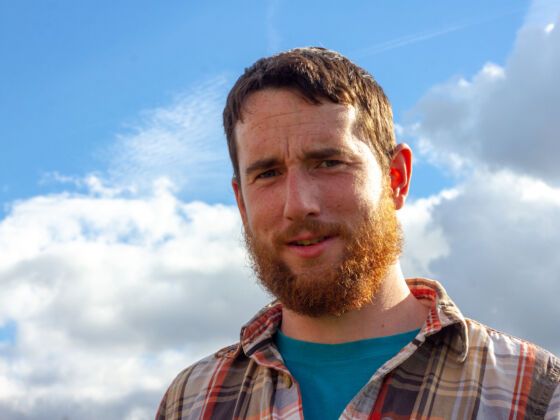1. Your parents usually knew what they were talking about.
When I was in my teens and early 20s, I harbored an intense suspicion that my parents never knew what they were talking about. I still occasionally harbor this suspicion on matters of rap music and politics, but the once-hated phrase of “you’ll understand when you’re older” finally rings true.
In high school, “be yourself” sounded like terrible dating advice. Now it’s the only advice worth listening to. In college, “start saving now” seemed pointless when there was beer to be bought. Now I would very much prefer to have had fewer and less-expensive beers in exchange for a few extra bucks each month.
Unfortunately, there are some things which you can only learn through experience. That’s a tough pill to swallow when you’re a teenager, but it gets obnoxiously true when you’re entering your fourth decade.
